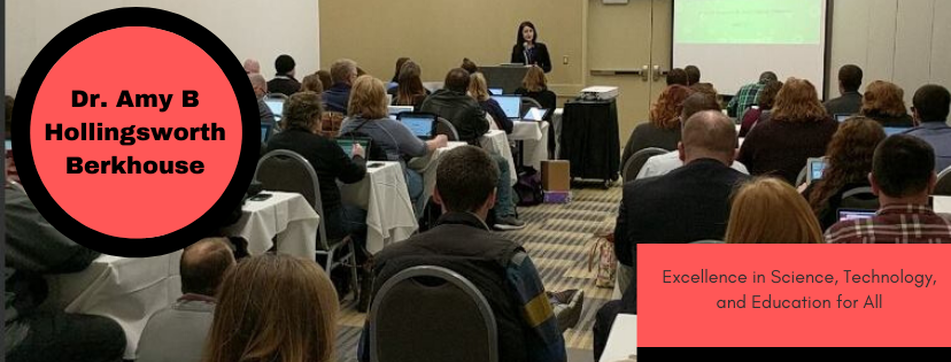In 1993, Bill and Melinda Gates took a walk on the beach and made a big decision: to give their Microsoft wealth back to society. In conversation with Chris Anderson, the couple talks about their work at the Bill & Melinda Gates Foundation, as well as their marriage, their children, their failures and the satisfaction of giving most of their money away.
The Gates parents’ attitude toward their kids and money — call it the anti-Paris Hilton approach — resonates with an attitude toward wealth that runs as a subtext through TED itself. As an event, TED manages to gather some of the world’s richest people into one room. Once there, they’re bombarded with the message that money is not for having but for doing. As the world’s richest people, the Gates family could spend lifetimes doing nothing at all. But for the TED set, at least, the only points you get are for making something happen.
Most of their philanthropic work centers around the educational system in America, reducing poverty and equality through access to education, and health care and childhood vaccines. They have traveled extensively through Africa, and have tried to help bring down the rate of infant mortality. They are fighting to bring access to injectable birth control in third world countries, because this gives women the choice whether or not to reproduce.
Gates said, “Just because we don’t agree with everything about education, doesn’t mean we scrap the whole system. We fix what’s broken, and we keep our eyes on our goals.” The Gates advocate for smaller class sizes, STEM education, charter schools, and technology innovations. They discuss wanting great teachers in small classrooms, to give each child more attention. They have rightly pointed out that many of the graduating seniors today read at a middle-school level. They are working to help schools through grants, technology donations, charter schools, and creating university programs.
When you have money like the Gates’ money, you are going to be criticized. People complain about their investing tactics, which they say is promoting companies that hurt the people in third-world countries. The Gates say they will always invest for the maximum return on investment.
Next, people say there are three major problems with the foundation's allocation of aid. First, "by pouring most contributions into the fight against such high-profile killers as AIDS, Gates guarantees have increased the demand for specially trained, higher-paid clinicians, diverting staff from basic care." This form of "brain drain", pulls away trained staff from children and those suffering from other common killers. Second, "the focus on a few diseases has shortchanged basic needs such as nutrition and transportation.” Finally, "Gates-funded vaccination programs have instructed caregivers to ignore – even discourage patients from discussing – ailments that the vaccinations cannot prevent. If people want to see nutrition or transportation focused upon, they should start their own foundations. It’s not right to criticize, but do nothing to offer up help for what people think should be priorities. The Gates can focus on any disease they want - yes, there will always be other diseases out there that need money, but it is ultimately up to Gates and their foundation to how they spend their money.
About education, Gates is criticized for “undermining the public education system.” I think that “public education” is a broken system, and I also advocate for charter schools, which can meet the needs of more students, in creative new ways not controlled by unions. Like Gates, I love teachers, but hate the bureaucracy. I do think test scores should be part of teachers’ evaluations, and I love the idea of merit pay. I think merit pay encourages the best teachers to put in the effort to become better. When the Gates Foundation gives students choices that they may not have had, if they had been stuck in a failing public school, I think the Gates are helping the poor beyond belief.
Just as there will always be critics of the government, there will always be critics of the Gates. I believe that they have made amazing progress in achieving the goals they have made, and that they should forge ahead with the good things they do. Nothing they do is without vast amounts of research and man-power, and the Gates are helping people live and be educated every day. I may need to apply for one of their grants!



 RSS Feed
RSS Feed
